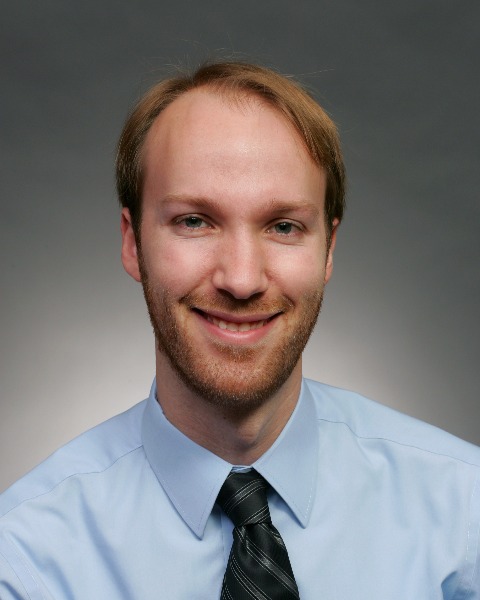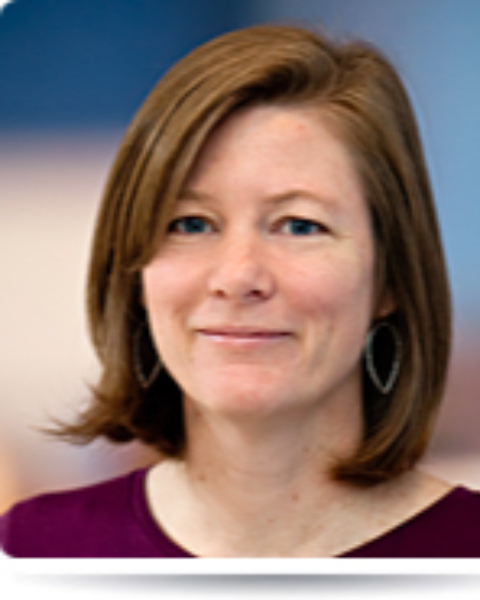Panel Discussions
Autism Spectrum and Developmental Disorders
Panel Discussion 6 - Parent Training for Youth with Autism and Developmental Disabilities: Dissemination at Home and Abroad
Recommended Readings: Bearss, K., Johnson, C., Smith, T., Lecavalier, L., Swiezy, N., Aman, M., ... & Scahill, L. (2015). Effect of parent training vs parent education on behavioral problems in children with autism spectrum disorder: A randomized clinical trial. JAMA, 313(15), 1524-1533., Graucher, T., Sinai-Gavrilov, Y., Mor, Y., Netzer¹, S., Cohen, E. Y., Levi, L., ... & Koller, J. (2022). From clinic room to zoom: delivery of an evidence-based, parent-mediated intervention in the community before and during the pandemic. Journal of Autism and Developmental Disorders, 52(12), 5222-5231., Tekola, B., Girma, F., Kinfe, M., Abdurahman, R., Tesfaye, M., Yenus, Z., ... & Hoekstra, R. A. (2020). Adapting and pre-testing the World Health Organization’s Caregiver Skills Training programme for autism and other developmental disorders in a very low-resource setting: Findings from Ethiopia. Autism, 24(1), 51-63., ,

Cy Nadler, Ph.D.
Associate Professor of Pediatrics
Children's Mercy Kansas City
Kansas City, Missouri
Cy Nadler, Ph.D.
Associate Professor of Pediatrics
Children's Mercy Kansas City
Kansas City, Missouri- EB
Erin Brooker Lozott, Ed.D., Other
Program Director
Els for Autism Foundation
Jupiter, Florida - NS
Nadia Shafique, Ph.D.
Assistant Professor
Foundation University Islamabad
Rawalpindi, Punjab, Pakistan - AM
Anniette F. Maldonado, M.S.
Doctoral Candidate
University of Utah
Salt Lake City, Utah - NM
Nathan R. Moon, ABPP, Psy.D.
Clinical Child Psychologist
Navy Medicine Readiness and Training Command Okinawa
Kadena, Okinawa, Japan 
Karen Bearss, Ph.D. (she/her/hers)
Associate Professor
Seattle Children's Autism Center, University of Washington
Seattle, Washington
Moderator(s)
Panelist(s)
At least 1 in 6 children have a developmental disability (DD), and about 95% of these youth live in low- and middle-income countries (Cogswell et al., 2022; Olusanya et al., 2018). Even in the United States, access to evidence-based interventions for behavioral and mental health concerns common to youth with DDs is severely limited by workforce shortages, payment models, and other barriers (Malik-Soni et al., 2022). These barriers also disproportionately impact minoritized youth, families in rural locations, and families who speak languages other than English (Smith et al., 2020). To improve the well-being of youth with DDs and their families, cognitive-behavioral treatment models must be adapted, disseminated, and evaluated in service of both local and global access.
The Research Units in Behavioral Intervention program (RUBI; Bearss et al., 2015) and similar parent-mediated models for youth with autism and other DDs have demonstrated efficacy for reducing challenging behaviors, reducing parenting stress, and advancing child adaptive skills. However, access remains severely limited in the U.S. and other countries despite offering a cost- and time-efficient approach to care. This panel will highlight efforts to disseminate RUBI to under-served global populations, adapt the intervention for novel settings and technology, and evaluate approaches that increase service capacity through group delivery. First, feasibility of telehealth-delivered RUBI to families of youth with autism in South Africa, Canada, and the U.S. will be described. Second, an ongoing randomized trial of RUBI delivery in Pakistan will be discussed. Third, culturally and linguistically sensitive adaptation of RUBI with elements of Acceptance and Commitment Therapy for parents in Puerto Rico will be shared. Fourth, clinical delivery of RUBI for youth with DDs and their military families stationed in Japan will be described. Fifth, community-based comparative effectiveness of individual vs. group-based telehealth delivery of RUBI in the midwestern U.S. will be described, with findings applicable to global dissemination. Finally, Dr. Karen Bearss (lead author of the RUBI manual) will discuss strategic facilitators for the dissemination of parent-mediated interventions.
Learning Objectives:
- Describe evidence-based components of parent-mediated intervention for youth with autism and developmental disabilities.
- Discuss considerations for distanced delivery of cognitive-behavioral interventions for diverse populations.
- Identify cultural and linguistic considerations for international dissemination of evidence-based programs.
- Describe evidence for group-based delivery of parent-mediated interventions for youth with developmental disabilities.
- Discuss unique care delivery considerations for under-resourced settings and populations.

